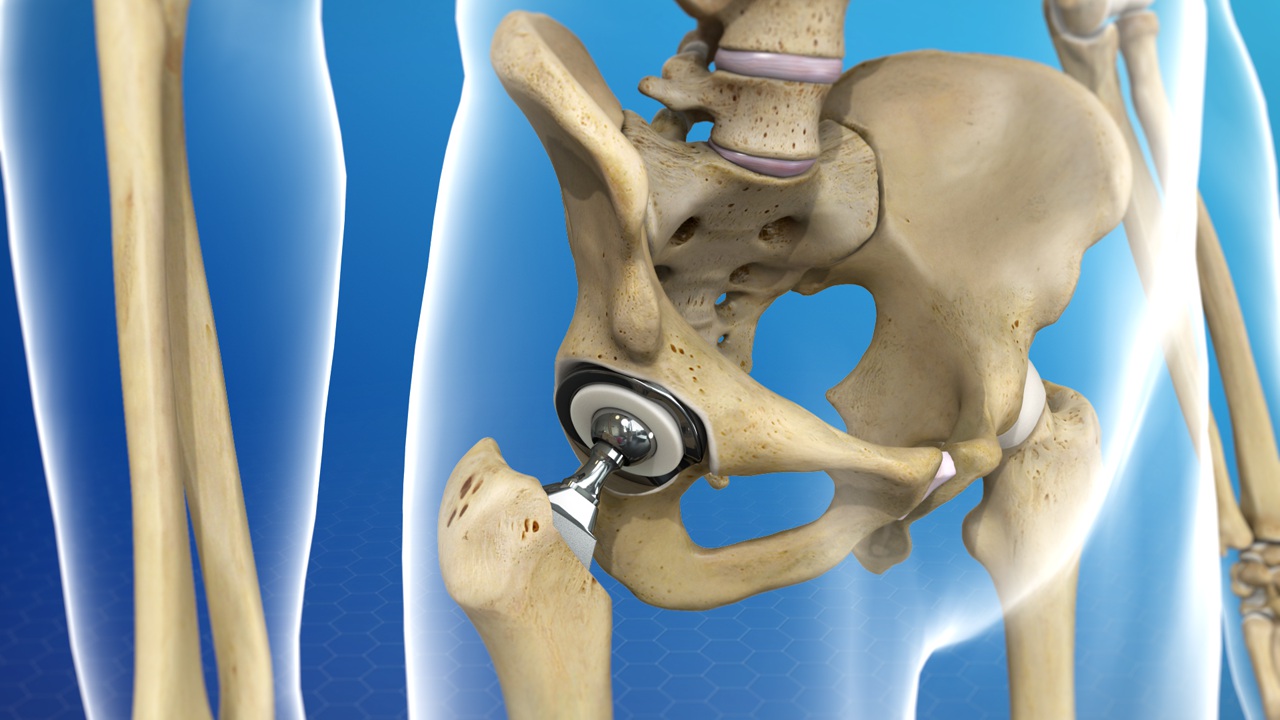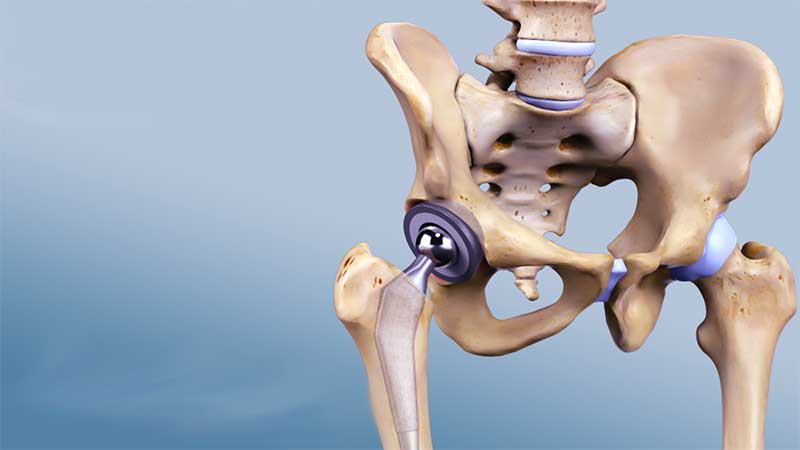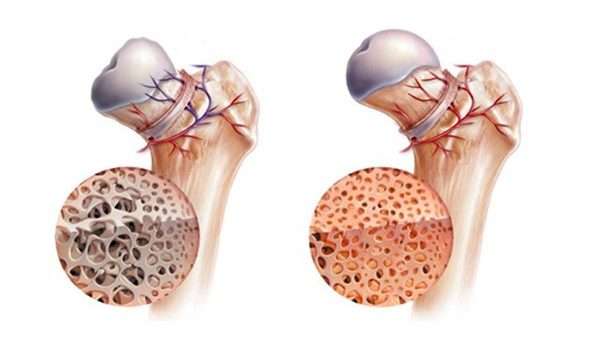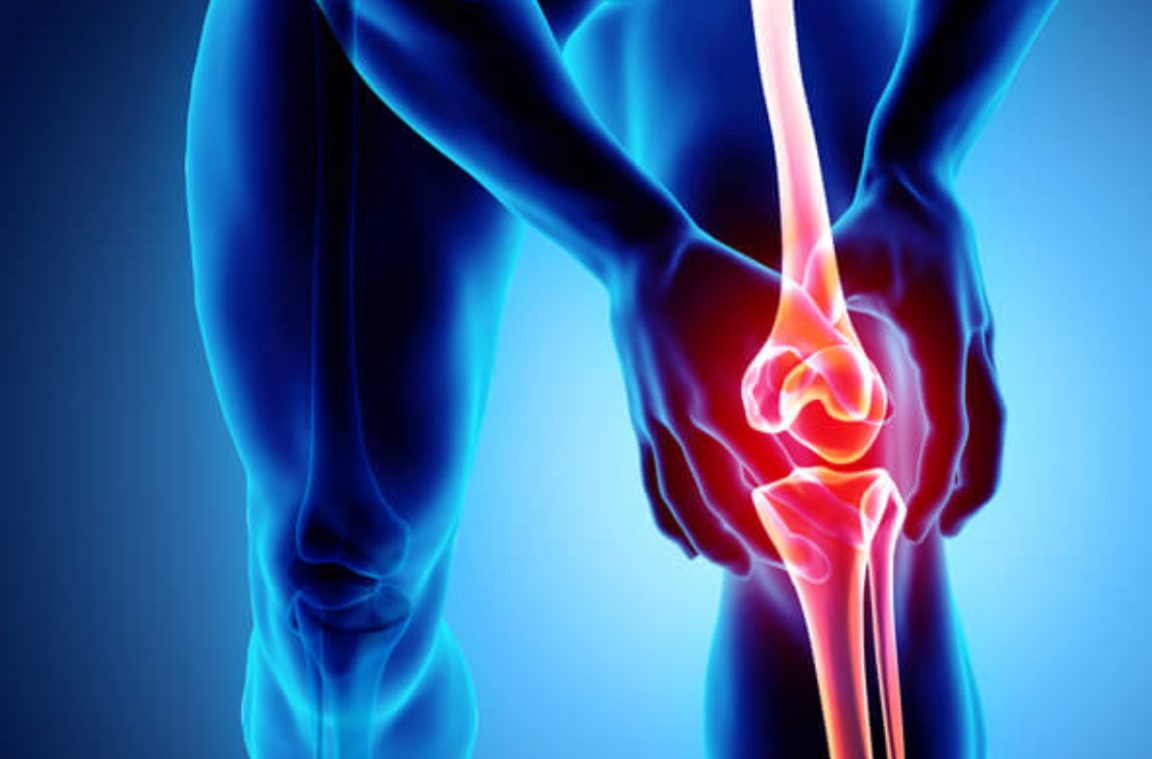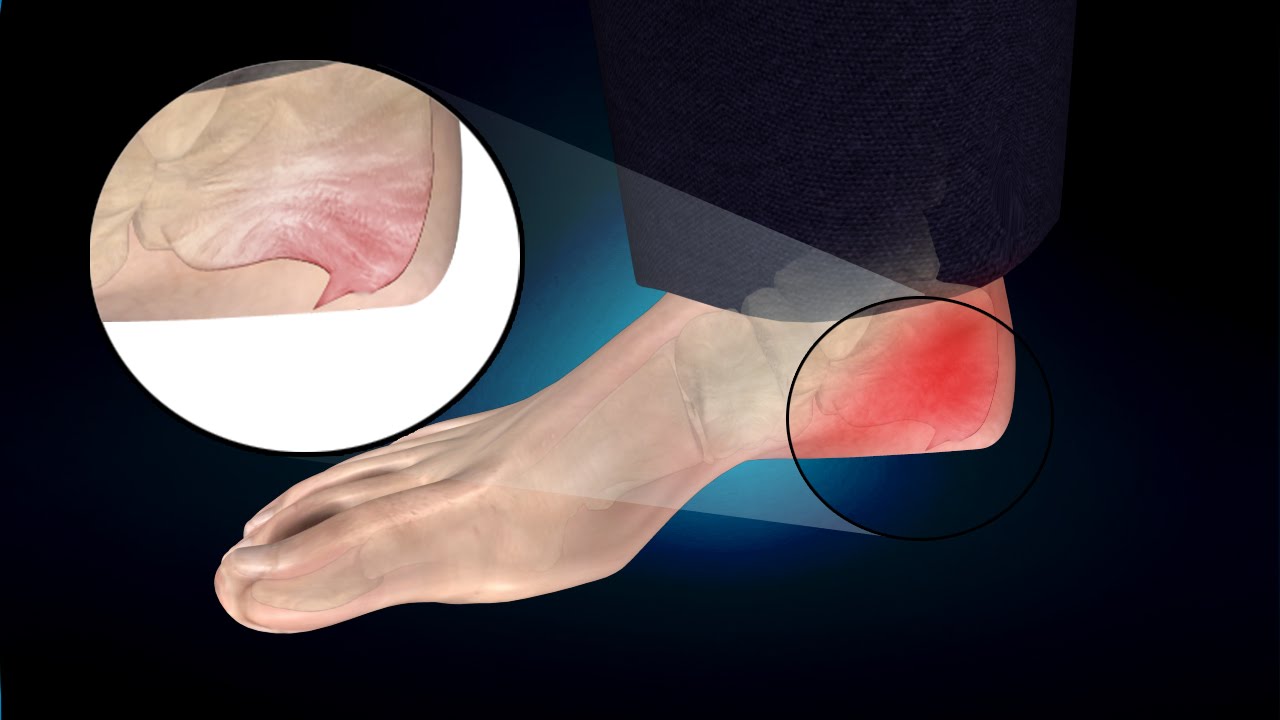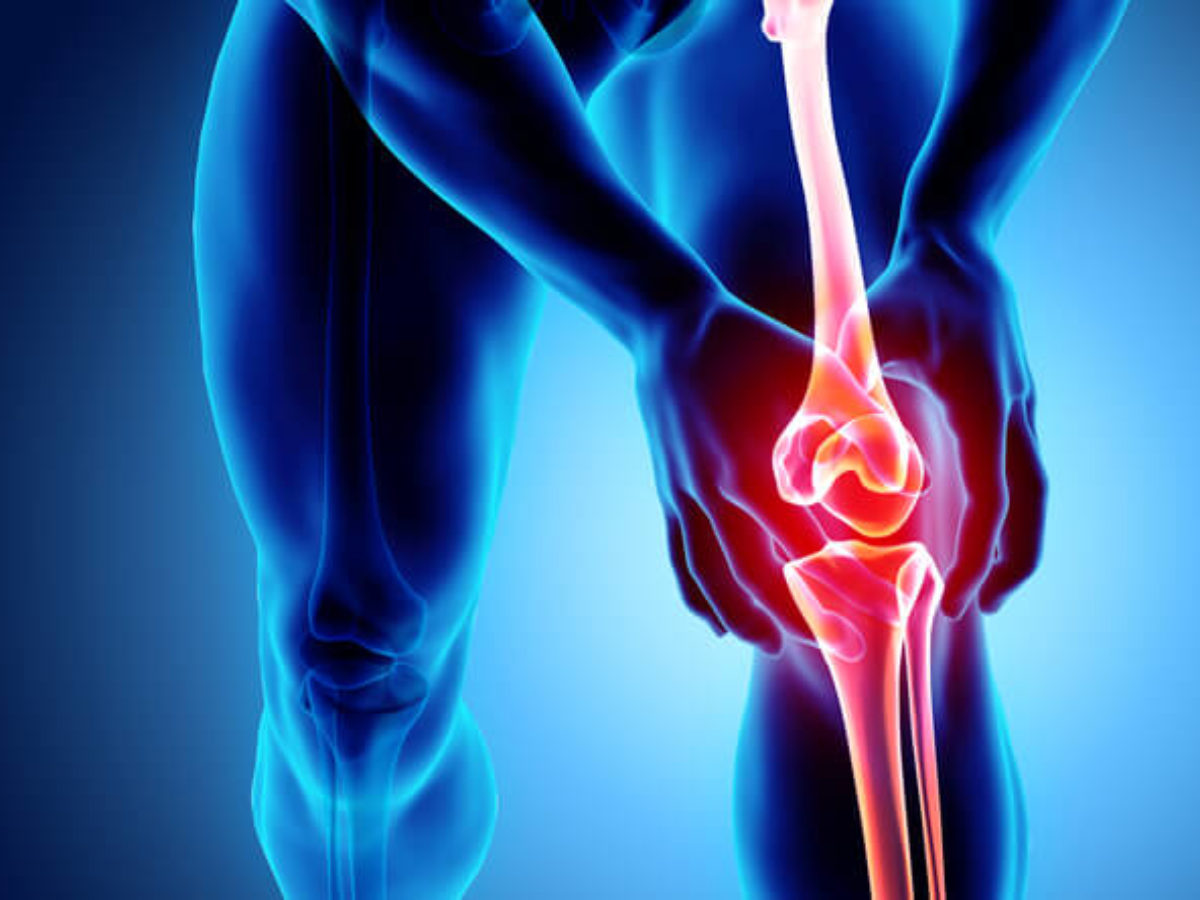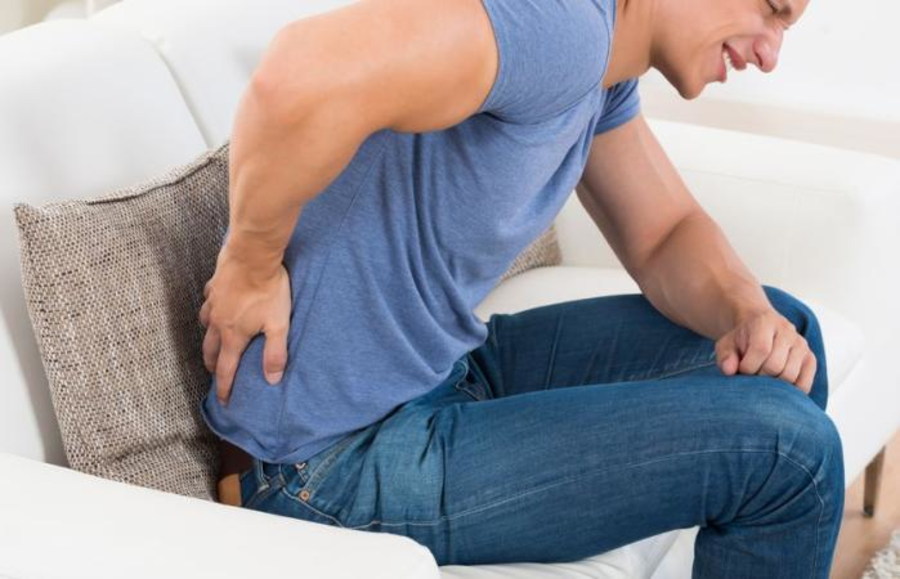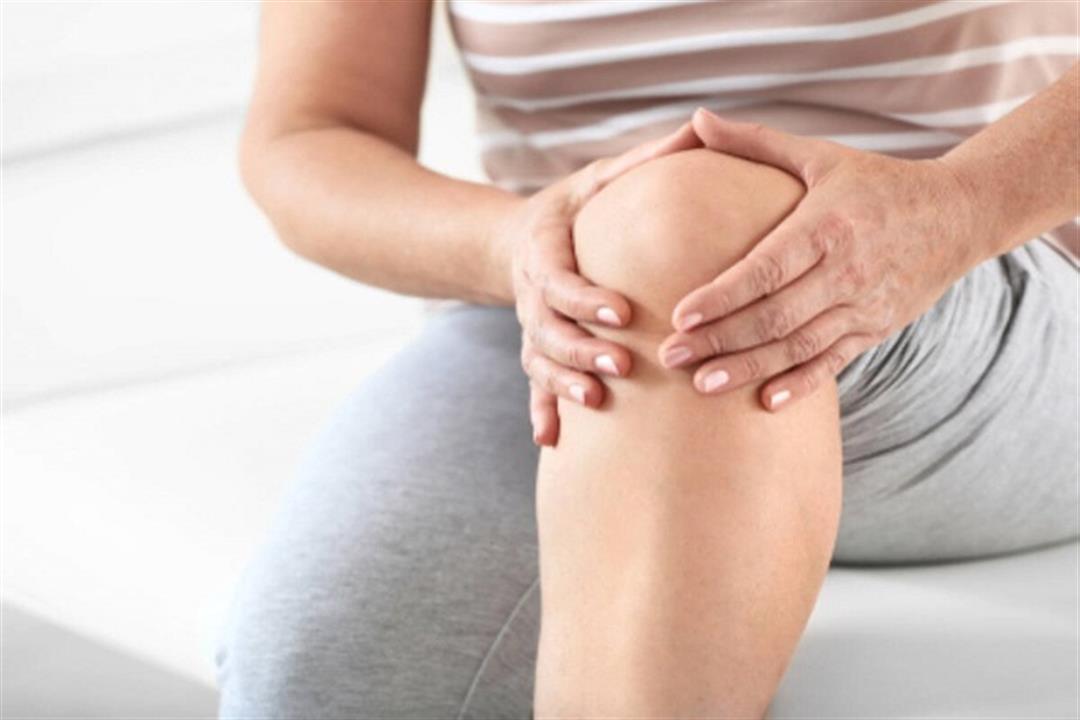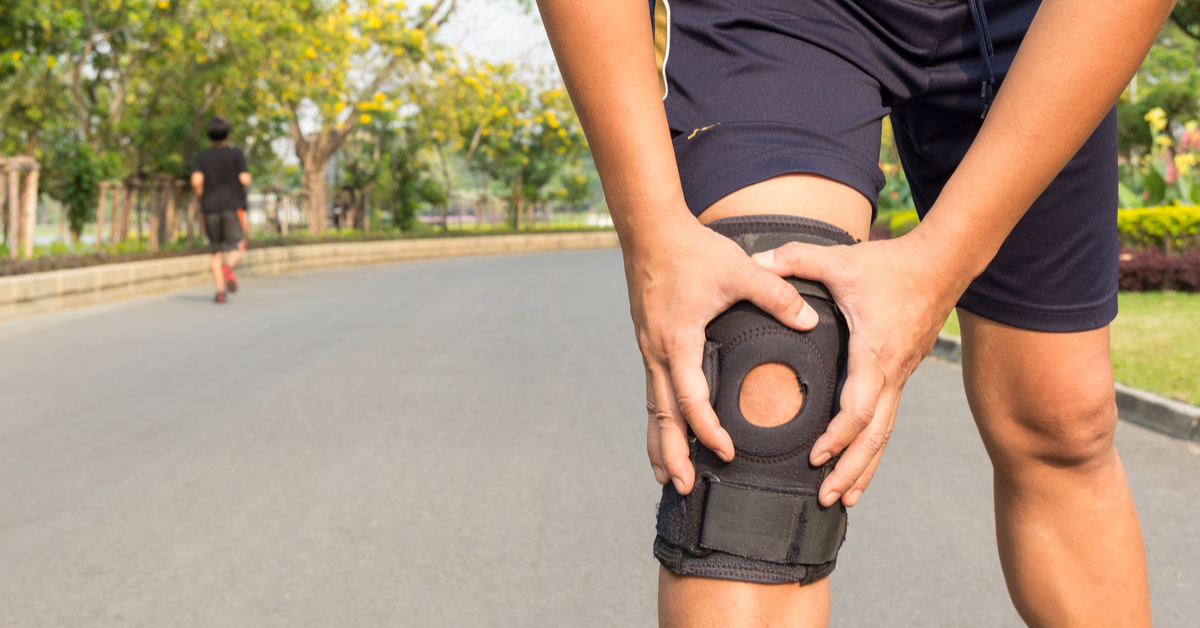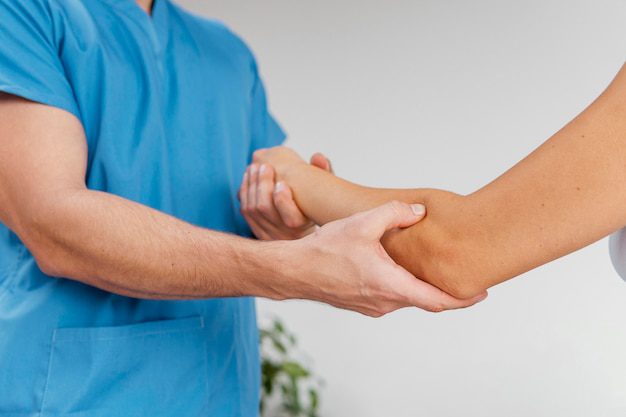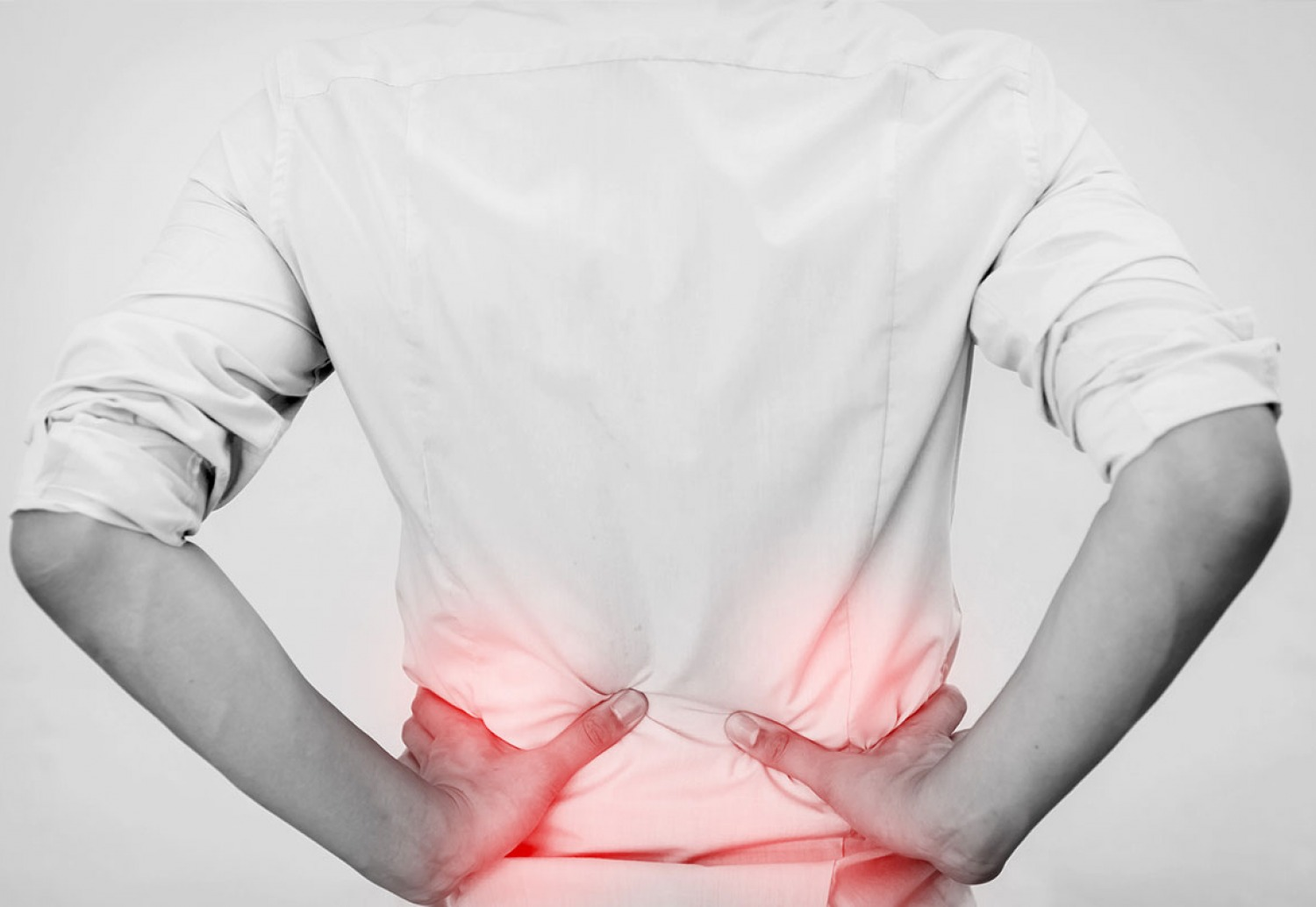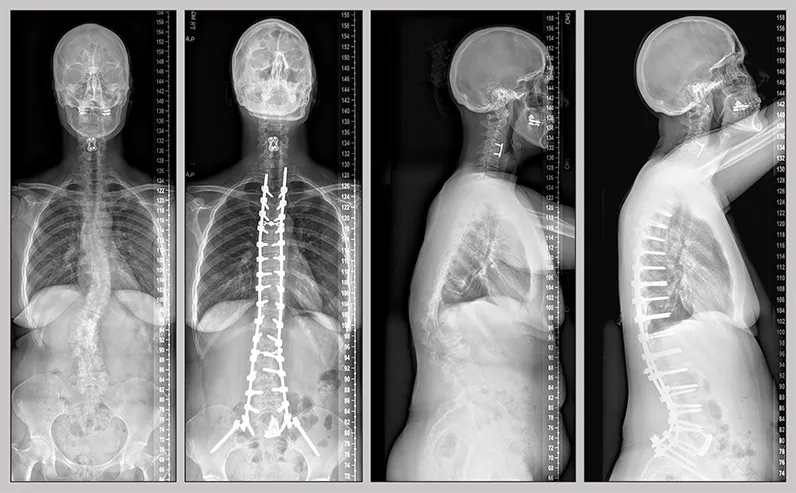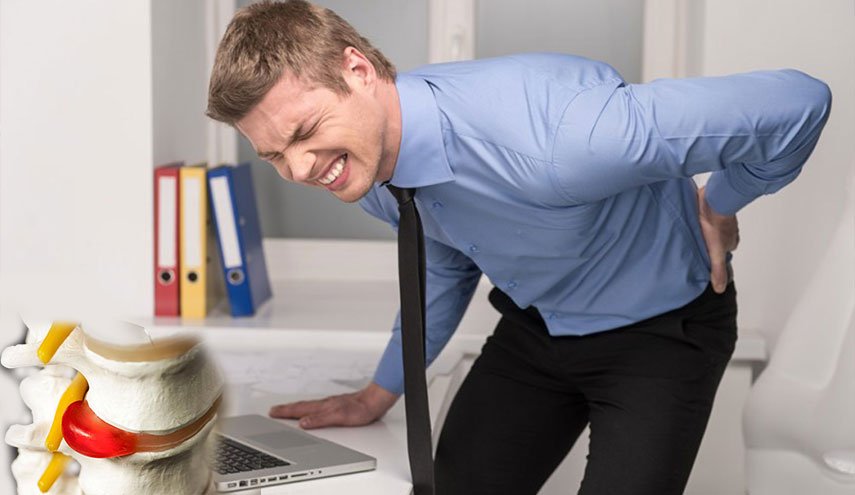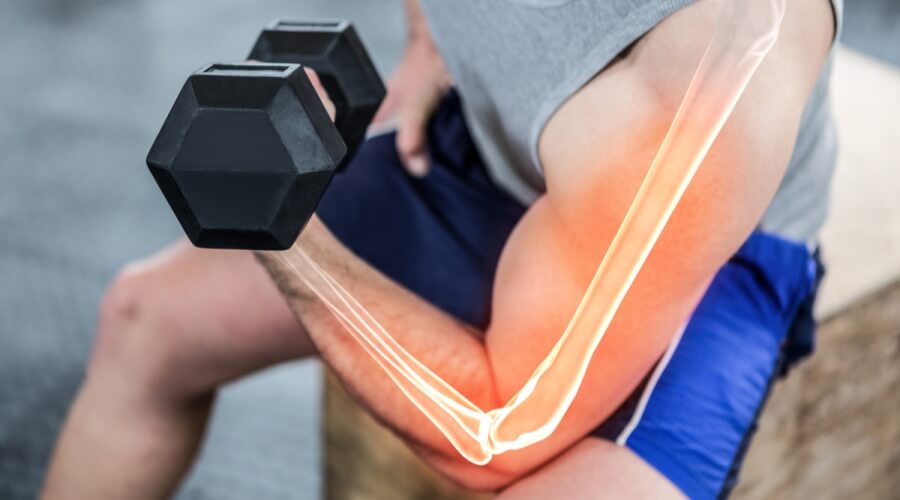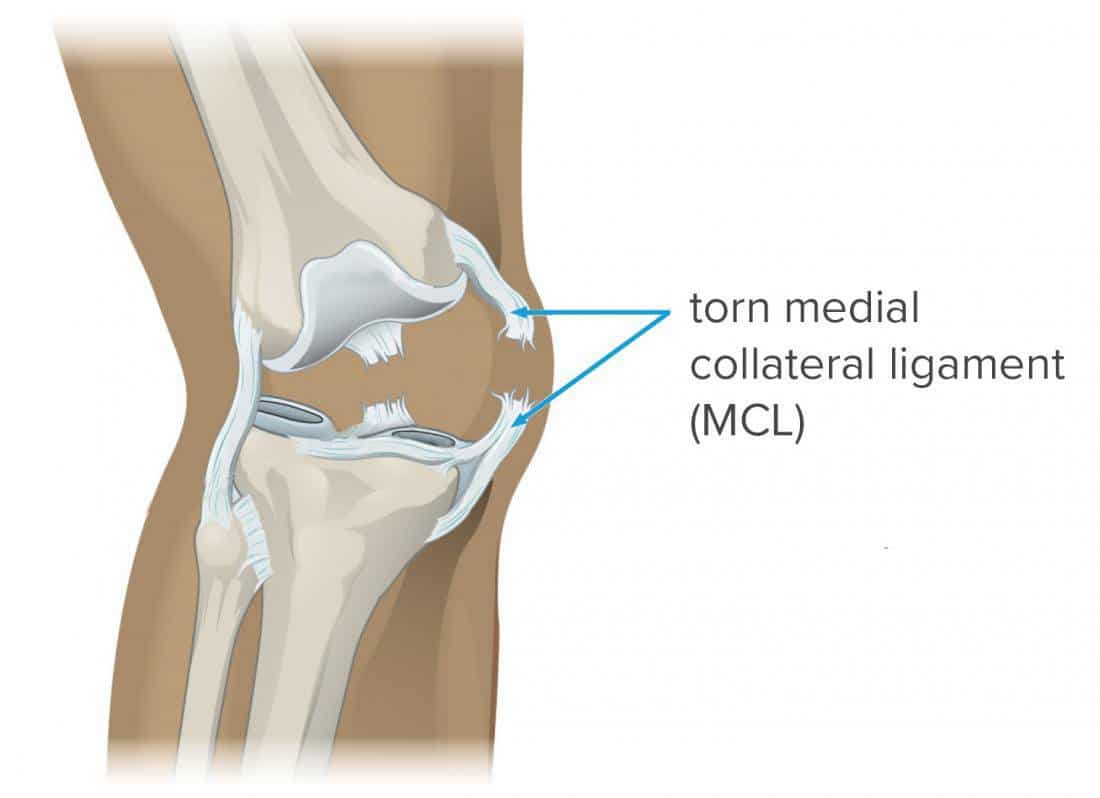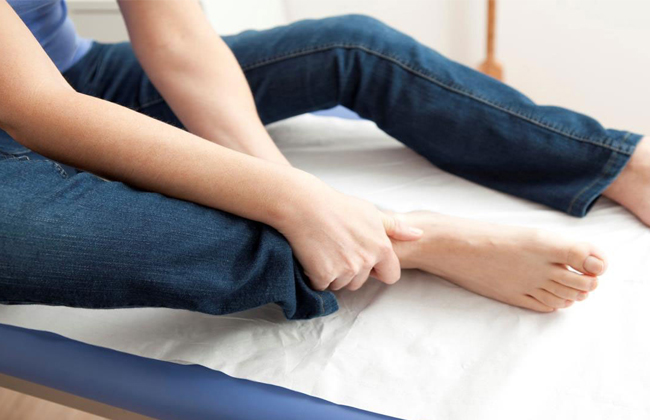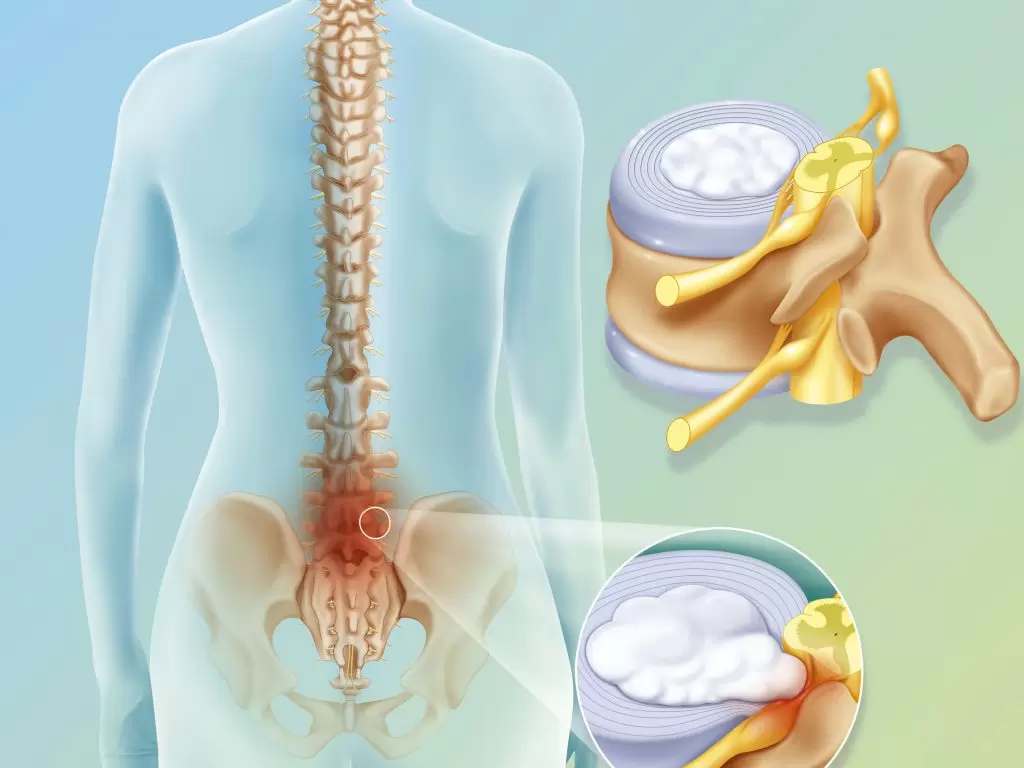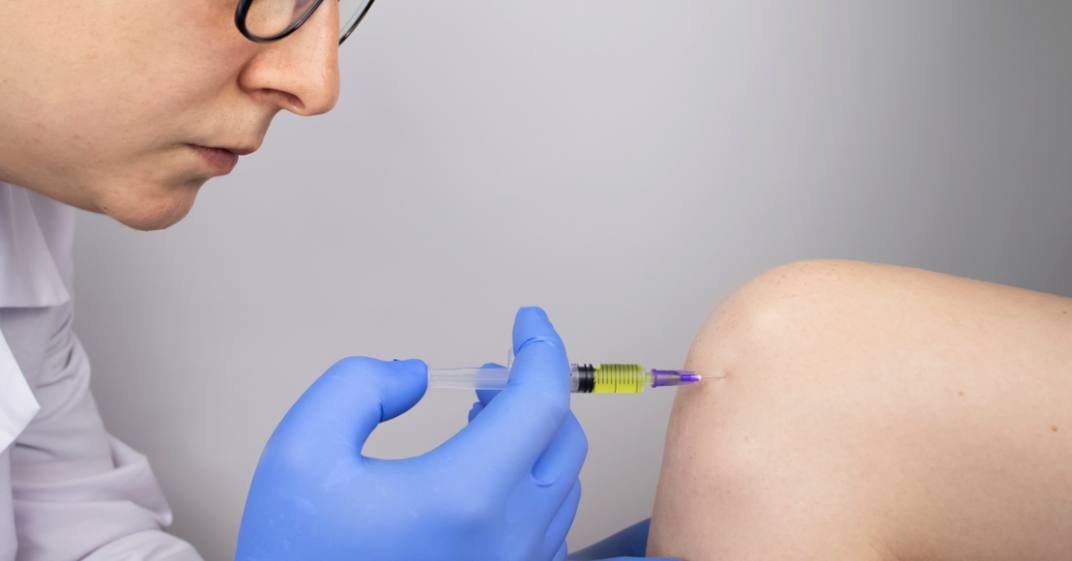Is knee cracking dangerous?
Is knee effusion dangerous? What are the causes of knee effusion? Does cracking the knee affect walking? These and other questions are answered in detail in the following article.

What is knee effusion?
Knee leakage or knee water effusion is one of the symptoms that occur as a result of diseases affecting the knee, including inflammation that affects the membrane lining the knee when the leakage begins after an increase in the secretion of the membrane surrounding the knee, but it remains present in the knee because there is no other place for it to exit, which causes swelling in it.
Knee leakage can be confused with knee bleeding, especially in cases of accidents, but mostly when a person has bleeding in the knee, swelling begins about two hours after the injury, while knee leakage usually occurs several hours after the injury.
Diagnosis of knee effusion
The doctor can be exposed to the symptoms of a knee effusion through a clinical examination of the patient, in which the patient can x-ray the knee or take a sample from it in order to identify the extent of damage to the knee joint and the main cause that led to the effusion of the knee.
Causes of knee effusion
Knee water effusion or infiltration occurs through the presence of inflammation in the knee membrane and is the result of several reasons that can affect this membrane, including:
- Roughness in the knee.
- Having a knee injury.
- Exposure to a type of inflammation in the knee joint.
- A cut in the knee ligaments.
Knee effusion symptoms
Symptoms often appear in a person with a knee effusion as follows:
- A feeling of pain in the knee.
- Knee swelling began.
- Difficulty bending the joint.
- A crackling sound is heard.
- High body temperature.
- The presence of stiffness in the joint.
Knee effusion treatment
Work can be done to improve the condition of the knee after exposure to leakage, depending on the patient’s condition. If there is a large amount of water in the knee, excess fluid can be suctioned in the knee through a needle dedicated to this in order to improve the patient’s condition and make him feel more comfortable.
In the case of knee leakage and a slight increase in fluid, cold water compresses can be used, which improve the person’s condition and reduce swelling and pain felt by the patient, as well as anti-inflammatory drugs and some types of exercise that improve pain and return the person to his normal life.
Is knee cracking dangerous?
Knee crackling is a creaking sound that can be heard when moving the knee and can cause pain because it is the result of the roughness in the knee and the erosion of cartilage, which means that there is friction between the bones as a result of the absence of synovial fluid that works on the presence of softness in the movement of the joints.
Knee crackling is the scientific name for knee crackling, and it is one of the symptoms that can accompany arthritis patients and can affect the movement of the injured person. Mostly it can happen to older people because they are more susceptible to osteoporosis which can cause cracking in the knee.
Weak and crackling knee-strengthening exercises
Sports exercises represent one of the important methods in treating a weak knee, strengthening the muscles surrounding it, and improving the general performance of the knee so that the person can walk or move in general better, and the following exercises can be used:
- Anaerobic exercise.
- Stretching exercises.
- Gradient exercises.
- Squat exercise.


